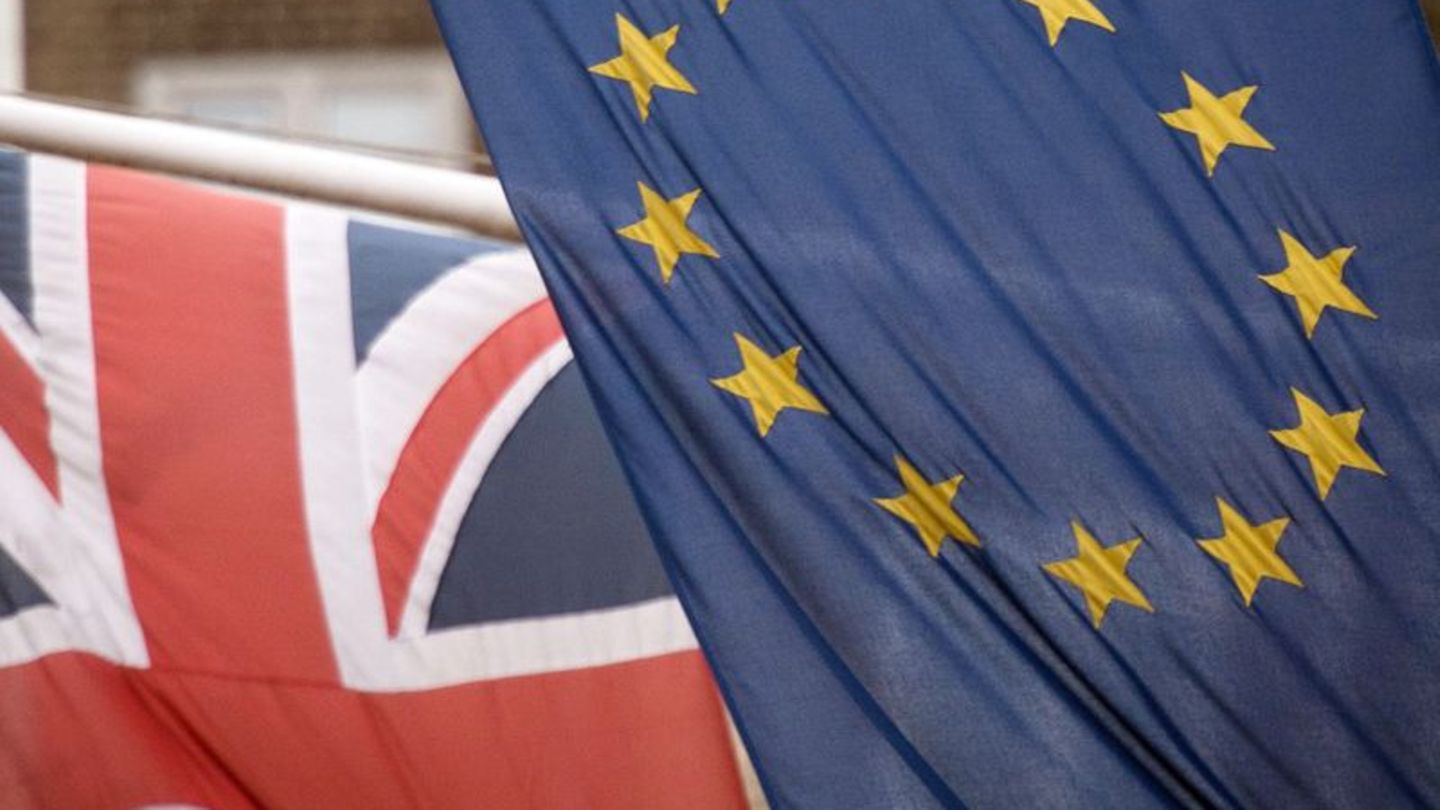The Conservatives are facing extinction in Great Britain. One reason for the dissatisfaction is the way Brexit is being handled. Would a social democratic government turn back the clock?
Following the expected victory of the Labour Party in the parliamentary elections in Great Britain, the German-British economy is hoping for a rapprochement and easier bilateral trade. However, experts do not expect the United Kingdom to return to the EU internal market and the customs union.
“Instead, it seems more likely that a Labour government will aim to improve existing relations and strengthen economic ties without reversing the fundamental decisions of Brexit,” York-Alexander von Massenbach of the British Chamber of Commerce in Germany (BCCG) told the German Press Agency. He pointed out that Labour leader Keir Starmer, the likely new prime minister, has always stressed that he will respect the Brexit referendum and not seek re-entry into the EU.
The United Kingdom will elect a new parliament on Thursday. According to polls, Labour is heading for a clear majority. Britain left the EU at the end of January 2020 and has not been a member of the customs union or the single market since 2021. Despite a free trade agreement, there have been repeated problems in the exchange of goods since then.
Small steps, no big leap
The head of the German-British Chamber of Industry and Commerce (AHK) in London, Ulrich Hoppe, expects an agreement on rules for trading in phytosanitary products, i.e. goods of animal origin. “This is a small step that is politically important,” Hoppe told the dpa. The new regulation for chemical products could also be based on the European regulatory framework. “But I don’t see the big breakthrough for a really strong rapprochement coming in the next few years.”
The German Industry UK (GIUK) association hopes for less bureaucracy. “The reduction of forms for export and import, for hiring employees from the EU and the recognition of EU qualifications would be necessary measures as part of closer cooperation with the EU,” said GIUK chairman Bernd Atenstaedt.
Labour is too hesitant
BCCG board member von Massenbach believes that increased security policy cooperation and easier work permits for young people are the most likely short-term solutions. In his view, one starting point is the revision of the free trade agreement, which is due to be completed in 2026 and still has gaps. “There is still a lack of regulations for the services sector, which is so important for Great Britain,” said the partner at the GSK Stockmann law firm. “A new joint trade and technology council, similar to that between the EU and the USA and the EU and India, could support the implementation of this agreement.”
AHK boss Hoppe is more skeptical. A British return to the Erasmus program or visa facilitation would be desirable. But on the one hand, the new EU Commission still has to find its feet. On the other hand, Labour is too afraid to push through major changes immediately, said Hoppe. “The EU wants a bit more freedom of movement. A future Labour government cannot promise that in view of the high immigration figures. That is too difficult politically.”
Source: Stern




